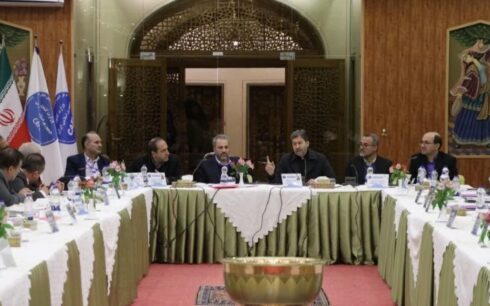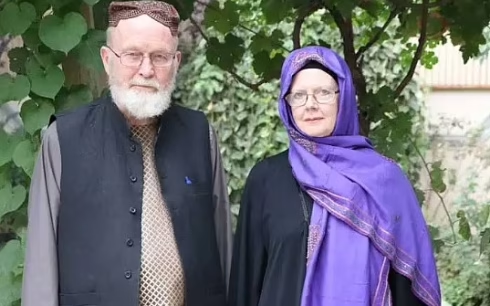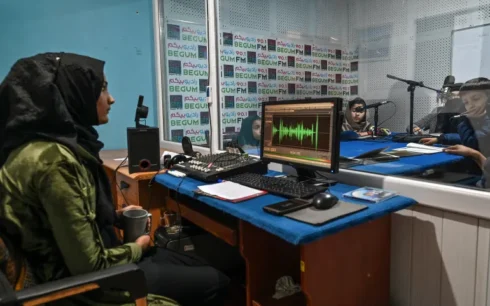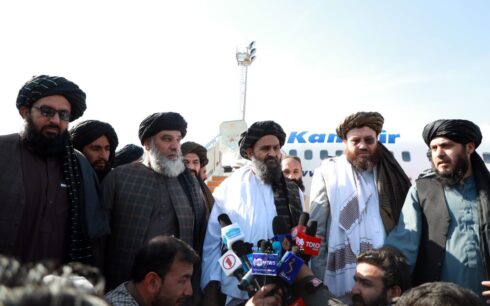The United Nations Refugee Agency, UNHCR, has warned that millions of forcibly displaced people across Afghanistan, Ukraine and the Middle East could face a perilous winter as freezing temperatures add to the misery already induced by spiraling prices, the lingering impact of the COVID-19 pandemic and extreme weather linked to the climate crisis.
Addressing a press conference in Geneva on Friday, UNHCR spokesperson Olga Sarrado said that in Afghanistan, where winter temperatures can easily plunge to -25 degrees Celsius across parts of the country, many displaced and conflict-affected families will be left exposed to the elements.
“Amid an ongoing effort to contain a humanitarian catastrophe, flash flooding and drought also continue to wreak havoc on lives, property and livelihoods, while some regions of Afghanistan continue to report new displacement,” Sarrado said.
She stated that despite worsening humanitarian needs, the funding outlook for life-saving aid programmes and assistance remains bleak. “Owing to funding shortfalls, UNHCR has recently been forced to scale back essential programs in several countries,” she added.
Sarrado’s warning comes on the heels of another – by the World Food Program (WFP) which stated a “humanitarian crisis of incredible proportions has grown even more complex and severe since the Taliban took control.
“Job losses, lack of cash and soaring prices are creating a new class of hungry in Afghanistan,” WFP stated recently.
According to the agency, 18.9 million Afghans are not consuming enough food and acute malnutrition is above emergency thresholds in 25 out of 34 provinces.
As winter approaches, getting food into the country and prepositioning it at strategic locations is now the most urgent task for WFP.
Both the UNHCR and WFP have said the international community needs to step up to avert a humanitarian catastrophe. WFP said it urgently needs US$220 million a month to help people in need in Afghanistan.
The UNHCR has also appealed for donations, stating the funding will help provide those uprooted with warm winter clothing, thermal blankets, home repairs, solar panels and lamps, gas cylinders and cash assistance to cover other essential winter needs, including heating.





